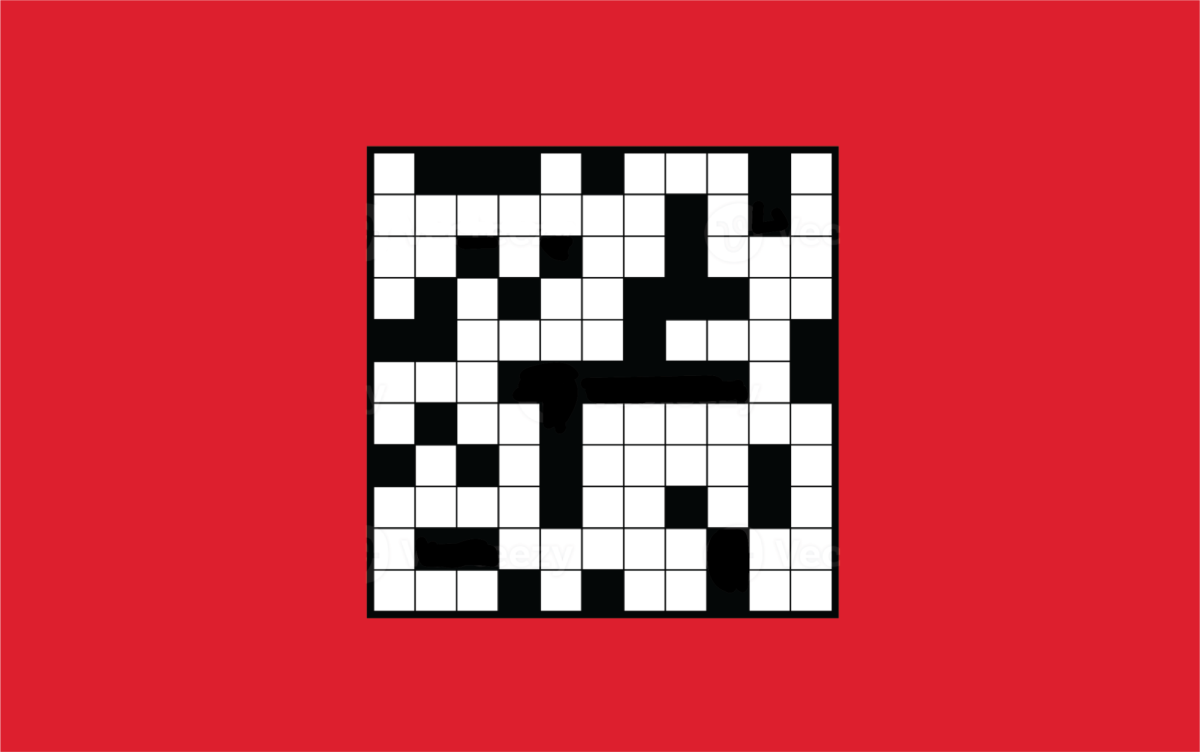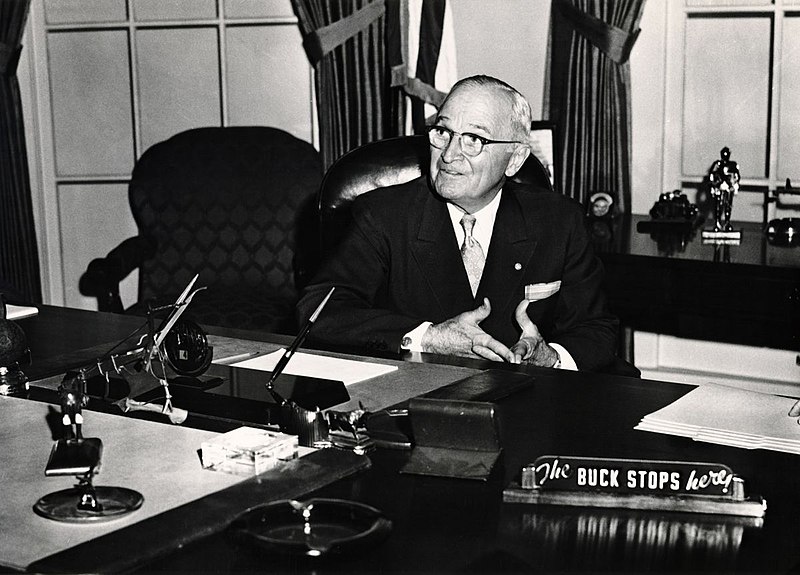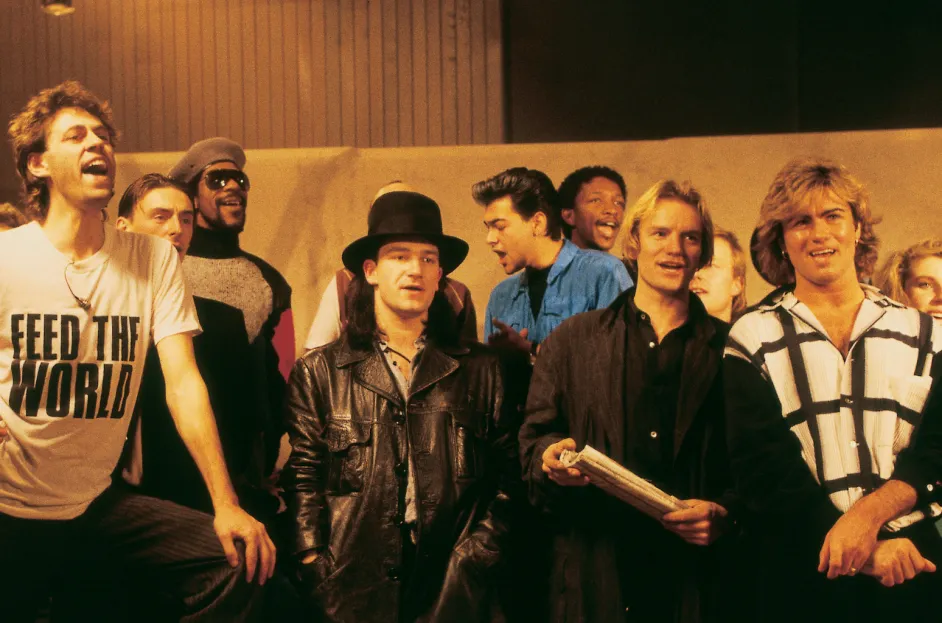It’s December 10th, 1984. Ronald Reagan was just re-elected, Sally Ride became the first woman on the moon, and Prince released his hit album Purple Rain. Moms are wearing baggy jeans and ugly Christmas sweaters. A new song plays on every radio station and through every mall: “Do They Know It’s Christmas?”
The song, written by Bob Geldof and Midge Ure, and performed by supergroup Band Aid—which is made up of artists such as Bono, George Michael, Sting, and Phil Collins—advocates for donations towards famine relief in Ethiopia.
While the song raised over $178 million to assist humanitarian aid, its lyrics reflect the story of the polarizing indifference between geopolitical West and East. First world celebrities commenting on developing countries’ problems reads as insincere and shallow when it comes to the severity of the issues at hand.
In 1983, one of the worst humanitarian crises of the 20th century hit Africa. A famine, caused by recurrent droughts, relocation of people to planned villages, and a government that imposed communist agricultural policies left over 600,000 dead, 200,000 orphaned, and millions impoverished in the east African country, Ethiopia.
The release of the song undoubtedly embodies what is often labeled as ‘performative activism.’ Performative activism is described by The Boston Medical Center as “activism that’s done to increase social capital rather than to support a cause.”
This is seen in the personal gains the artists received; even though the song brought awareness to the crisis, the singer’s reputations ultimately benefited immensely by the attention it brought them.
While it’s not entirely certain that the supergroup was apathetic to humanitarian care, Africa is still described in the song as a place of hopelessness. No amount of money raised can justify the harmful stereotypes the song perpetuates.
A hierarchy where suffering people are seen as a distant, unreachable problem appears in the line: “well, tonight, thank God it’s them instead of you.” While it was written in a sarcastic tone, urgency is lost and a “them versus us” mentality is forced upon listeners.
Another controversial lyric, “there’s a world outside your window, and it’s a world of dread and fear,” fuels colonial undertones as Ethiopia is described as a desolate country defined by hardships instead of celebrating their Christmas traditions.
These traditions, such as celebrating Genna—the name for Christmas in Ethiopia, which is celebrated on January 7th—are completely disregarded in the song when they actually play a pivotal role in Ethiopian culture.
In the 43 days leading up to the event, a fast from non-vegan foods and alcoholic beverages is encouraged. On Christmas eve (January 6th) people fast all day before attending an overnight church service.
The next morning, everyone dresses in a Shamma—a traditional white garment similar to a toga with brightly colored stripes. Throughout the day choir signings take place, a hockey-like game called Ganna is played, and traditional recipes such as Doro Wat (chicken stew) are eaten.
Even though the 80s campaign comes from a charitable standpoint, it highlights a deeper problem: unfair lyricism dehumanized millions of people when they needed help the most.
In recent years, re-recordings of the original song have been produced. Many musicians including Ed Sheeran have condemned the project stating that it “fuels pity rather than partnership, discouraging meaningful engagement.’’
And he’s right. Why do we re-record this every few years? Why do we play this on the radio? Why do we accept it as a Christmas song and not blatant racism?
It’s because as a western and primarily white-centric culture, we often fail to accept anything different from us. Our imperialistic roots have grown trees, dropped seeds, and produced a forest of complicity for casual cultural suppression.
When we listen, years of progress are slowly undone. The solution is simple: stop listening, stop accepting, and start educating yourself and others on the realities of those around us.


























